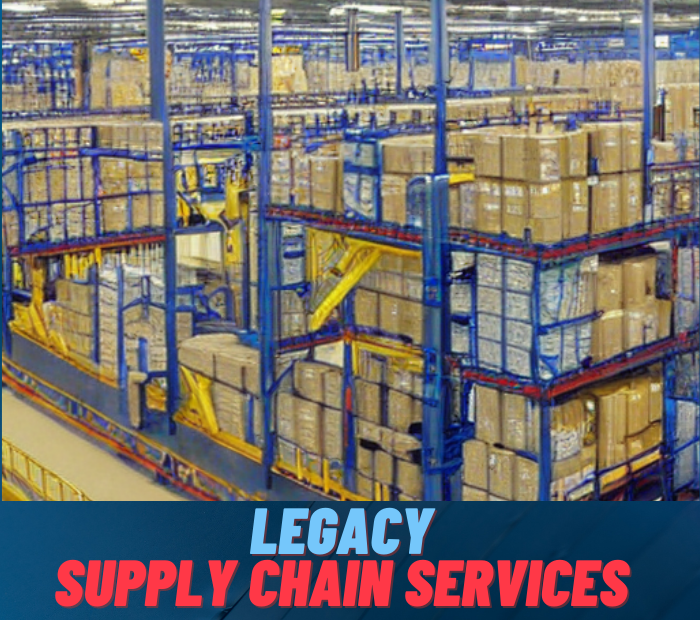Legacy supply chain services refer to traditional supply chain services that have been in use for many years. These services typically involve manual processes, paper-based documentation, and limited use of technology.
Examples of legacy supply chain services include:
- Manual inventory management: This involves manually counting inventory and recording the results on paper or in a spreadsheet. Manual inventory management can be time-consuming and prone to errors. For example, if a company relies on manual inventory management, it may take a long time to count inventory levels and update records. This can lead to stockouts or overstocking, which can result in lost sales or increased inventory carrying costs. Modern supply chain services, such as automated inventory management systems, can help overcome these limitations. For example, RFID (radio frequency identification) technology can be used to automatically track inventory levels and update records in real-time. This can improve accuracy and reduce the time required to manage inventory.
- Manual order processing: This involves manually processing customer orders, which can be time-consuming and prone to errors. Manual order processing can be time-consuming and error-prone. For example, if a company relies on manual order processing, it may take a long time to process customer orders and update records. This can lead to delays in shipping and increased customer complaints. Modern supply chain services, such as automated order processing systems, can help overcome these limitations. For example, companies can use e-commerce platforms that allow customers to place orders online. The orders can then be automatically processed and updated in real-time, reducing the time required to process orders and improving accuracy.
- Paper-based documentation: This involves using paper documents, such as purchase orders and invoices, to manage supply chain transactions. Paper-based documentation can be difficult to manage and prone to errors. For example, if a company relies on paper-based documentation, it may be difficult to track orders and manage inventory levels. Modern supply chain services, such as cloud-based software, can help overcome these limitations. For example, companies can use cloud-based software that allows them to manage supply chain transactions online. This can improve visibility and transparency in the supply chain, allowing companies to track goods and manage inventory levels more effectively.
- Limited use of technology: Legacy supply chain services often rely on outdated technology, such as spreadsheets and manual data entry. Legacy supply chain services often rely on outdated technology, such as spreadsheets and manual data entry. This can limit visibility and transparency in the supply chain, making it difficult to track goods and manage inventory levels. Modern supply chain services, such as real-time tracking systems, can help overcome these limitations. For example, companies can use GPS tracking to monitor the location of goods in real-time. This can improve visibility and transparency in the supply chain, allowing companies to track goods and manage inventory levels more effectively.
Read More: Supply Chain Optimization
Legacy supply chain services can be inefficient and costly, leading to delays, errors, and increased costs. They can also limit visibility and transparency in the supply chain, making it difficult to track goods and manage inventory levels. To overcome these challenges, many companies are adopting modern supply chain services that leverage technology, such as cloud-based software, real-time tracking systems, and automation. These modern supply chain services can help companies improve efficiency, reduce costs, and enhance customer satisfaction. So, modern supply chain services can help companies overcome the limitations of legacy supply chain services, improving efficiency, reducing costs, and enhancing customer satisfaction.
Written by
Email: [email protected]

